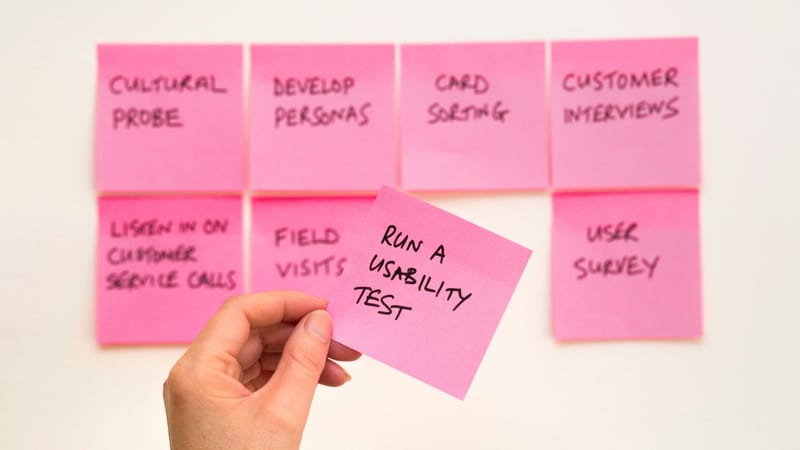AI Security Engineer: What They Do and How to Become One
AI Security Engineers protect AI systems from attacks and ensure ethical use—a vital role as AI adoption grows

As artificial intelligence (AI) continues to advance, the need for skilled professionals who can secure AI systems is growing rapidly. Enter the AI Security Engineer—an expert responsible for protecting AI systems from cyber threats, ensuring data integrity, and addressing vulnerabilities in machine learning models.
With AI becoming integral to various industries, including finance, healthcare, and tech, the role of an AI Security Engineer is more crucial than ever. In this article, we’ll dive into what AI Security Engineers do, the skills required for the job, and how you can start a career in this exciting and evolving field.
Who is an AI Security Engineer?
A Security AI Engineer is a tech expert who helps protect AI systems from cyber threats. They design security measures, detect vulnerabilities, and ensure AI models are safe from attacks. Think of them as digital bodyguards for AI, making sure the technology stays secure and trustworthy.
How Much Does an AI Security Engineer Earn?
According to Glassdoor, AI Security Engineers earn an estimated total of $211,308 per year, with an average base salary of $152,005. Additional pay, which can include bonuses, commissions, and profit sharing, is around $59,303 annually. These figures come from user-reported salaries and industry estimates.
What is the Role of an AI Security Engineer?
AI Security Engineers are essential for businesses, protecting AI systems, sensitive data, and responses. As companies adopt generative AI, these experts ensure secure deployment and safe operation, reducing risks and maintaining trust in AI-driven processes.
What Skills Are Needed for an AI Security Engineer?
Technical Skills:
- Proficiency in programming languages (Python, Java, C++)
- Strong foundation in AI & Machine Learning
- Knowledge of cybersecurity principles & best practices
- Cryptography & encryption methodologies
- Vulnerability assessment & penetration testing
Soft Skills:
- Problem-solving & analytical thinking
- Strong communication & teamwork
- Adaptability & continuous learning
- Attention to detail
- Ethical mindset & responsible AI use
How to Become an AI Security Engineer
If you’re curious about becoming an AI Security Engineer, here’s your roadmap to breaking into this field:
1/ Build a Tech Foundation
First, you’ll need a solid understanding of computer science and software development. A bachelor’s degree in computer science, cybersecurity, or a related field is a great place to start. This will give you the core technical skills you need to work with AI systems.
2/ Learn Key Programming Languages
Programming is at the heart of AI security, so mastering languages like Python, Java, and C++ is crucial. Python is especially important for AI and machine learning (ML) applications, while Java and C++ are widely used in security and system-level programming.
3/ Deepen Your Understanding of AI and Machine Learning
To protect AI systems, you’ll need to understand how they work. Dive into AI and ML by taking online courses and certifications or even pursuing a master’s degree in AI/ML. Understanding algorithms, neural networks, and natural language processing (NLP) is key to anticipating potential threats.
4/ Gain Cybersecurity Expertise
AI Security Engineers need strong cybersecurity skills. Learn about data protection, encryption, network security, and vulnerability testing. Certifications like CompTIA Security+ or Certified Information Systems Security Professional (CISSP) can help you build credibility in the cybersecurity field.
5/ Learn AI-Specific Security Concepts
Now that you have the basics of AI and security, focus on AI-specific challenges. Get familiar with things like adversarial attacks, data poisoning, model vulnerabilities, and ethical AI practices. This knowledge will set you apart in the AI security space.
6/ Build Practical Experience
The best way to learn is by doing. Work on projects that involve AI and security. Contribute to open-source AI security tools or participate in cybersecurity competitions. Internships or jobs in AI, machine learning, or cybersecurity will also give you hands-on experience.
7/ Stay Current with AI and Security Trends
AI and cybersecurity are constantly evolving, so staying up-to-date is essential. Follow industry blogs, attend conferences, and take advanced courses to keep your skills sharp and stay ahead of emerging threats.
8/ Get Certified
Once you’ve gained the necessary experience and skills, consider earning certifications to validate your expertise. Certifications like Certified Ethical Hacker (CEH) or Certified Information Security Manager (CISM) can help demonstrate your expertise in AI security.
Conclusion
Becoming an AI Security Engineer is a promising career path that combines expertise in cybersecurity with cutting-edge AI technology. By building a strong technical foundation, staying updated with trends, and developing the right mix of hard and soft skills, you can play a crucial role in safeguarding AI systems. With the growing reliance on AI, the demand for skilled AI Security Engineers is only set to increase, making it an exciting field to enter.







